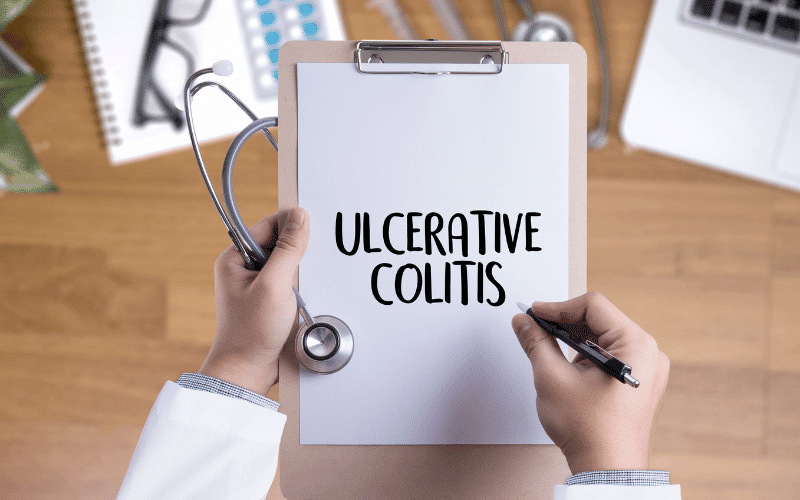Frequently Asked Questions (FAQs) About Severe Ulcerative Colitis

1. What is the difference between acute and chronic ulcerative colitis?
Acute ulcerative colitis refers to a sudden onset or flare-up of symptoms, which can be severe and require immediate medical attention. Chronic ulcerative colitis, on the other hand, is a long-term condition characterized by periods of remission and exacerbation. Severe UC is a form of acute ulcerative colitis, where symptoms are particularly intense and debilitating.
2. Can severe ulcerative colitis be cured?
There is currently no cure for ulcerative colitis, but with appropriate treatment and management, many individuals can achieve and maintain long-term remission. In some cases, surgical removal of the colon may be necessary to manage severe symptoms and complications.
3. What is the best treatment for severe ulcerative colitis?
The treatment for severe ulcerative colitis typically involves a combination of medications to control inflammation, manage symptoms, and prevent complications. This may include corticosteroids, immunosuppressive drugs, and biologic therapies. In some cases, surgery may be required to remove the affected portion of the colon.
4. What are the possible complications of severe ulcerative colitis?
Severe ulcerative colitis can lead to various complications, including anemia, dehydration, malnutrition, joint pain, skin rashes, mouth sores, eye inflammation, and mental health challenges. In some cases, severe UC can result in life-threatening complications such as toxic megacolon or perforation of the colon.
5. What is the prognosis for individuals with severe ulcerative colitis?
The prognosis for individuals with severe ulcerative colitis varies depending on the severity of the disease, response to treatment, and the presence of complications. With appropriate management, many individuals can achieve and maintain remission, significantly improving their quality of life and long-term outlook.
6. How can I manage my severe ulcerative colitis symptoms and maintain my quality of life?
Managing severe ulcerative colitis symptoms and maintaining a high quality of life involves working closely with healthcare providers to develop a comprehensive treatment plan. This may include medications to control inflammation, dietary modifications, stress management techniques, and regular exercise. Additionally, addressing mental health challenges through therapy, support groups, or stress reduction practices can be beneficial. It is essential to monitor symptoms and communicate with your healthcare team regularly to adjust treatment plans as needed.
Conclusion: The Importance of Recognizing and Managing Severe Ulcerative Colitis Symptoms
Recognizing and addressing the 13 acute ulcerative colitis symptoms indicative of severe UC is crucial for ensuring optimal disease management and quality of life. By working closely with healthcare providers and implementing appropriate treatment strategies, individuals with severe UC can better manage their symptoms and maintain their overall health and well-being.